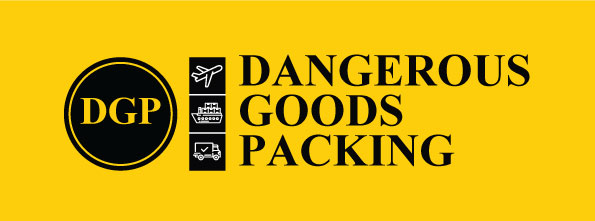Shipping Lithium Batteries
Lithium Batteries
The International Civil Aviation Organization (ICAO) is the United Nations agency that regulates the transportation of dangerous goods aboard an aircraft. They have deemed lithium batteries, and standalone lithium batteries as cargo are prohibited on passenger aircraft (UN 3480). It is important to classify batteries correctly because they may pose hazards during transport. These hazards include:
- Short circuits, which can lead to fires
- Leaks of corrosive liquid or other material that can injure people or harm the environment
Who is responsible for classifying batteries?
The consignor is responsible for classifying dangerous goods (batteries in this case) in accordance with Part 2 of the TDG Regulations. Batteries are typically classified as Class 8 or Class 9 Corrosives, Miscellaneous Products, Substances or Organisms; though some may be considered Class 4.3- Water Reactive Substances.
Are lithium batteries considered dangerous goods?
Yes. In Canada, the shipping and importing of lithium batteries are subject to the Transportation of Dangerous Goods Act, 1992 (TDG Act) and its regulations. They are considered dangerous goods, much like gasoline, propane and sulfuric acid.
Where are lithium batteries found?
Lithium batteries are used in a wide range of electronic devices such as:
- Laptops
- Cameras
- Mobile phones
- Video cameras
- Watches
- Medical equipment
- Power tools
- Bluetooth items
- Speakers
Can you still ship lithium batteries by air?
Yes. Batteries packed with or in equipment (UN 3091 and 3481) may still be shipped when done in compliance with the regulations. All lithium batteries may still be transported on cargo-only aircraft as subjected to regulations. It is important to be aware that there are variations in the regulation with respect to different airlines and aircraft.








